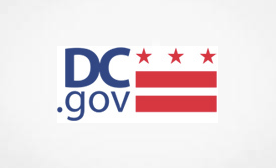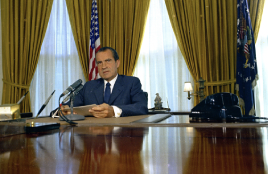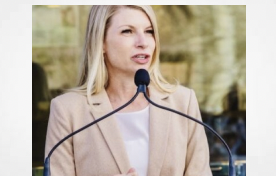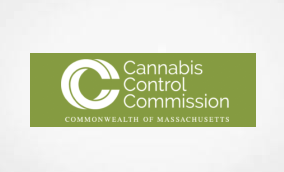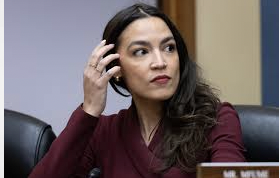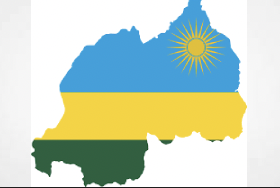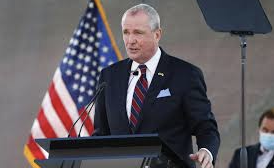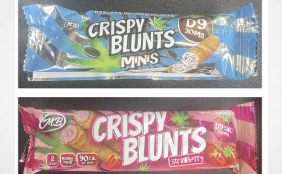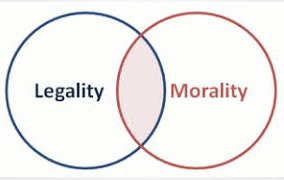Psychology Today
The Farm Bill of 2018 legalized the cultivation and sale of hemp products, generally conceived as fabric, rope, and alternatives to plastic. Hemp is arbitrarily defined as cannabis varieties with dry weight containing .3% or less of THC. The law’s technical language specified delta-9 tetrahydrocannabinol, which is generally considered to be the main psychoactive component in marijuana. Therefore, the bill assumed, hemp posed no threat of producing the “high”, or the subtle, but real, addictive potential characteristic of marijuana. It was not economically feasible to concentrate the low percentage THC in hemp to create a marketable product.
Ah, but government regulators can never keep up with clever entrepreneurs. Like the spy-versus-spy cartoon in Mad Magazine, every time a regulation is announced, a search begins for lucrative loopholes. In the case of hemp, the loophole discovered stemmed from the fact that hemp contains as much as 15% CBD. For botanists, this high level of CBD is no surprise. Both THC and CBD derive from the same precursor – CBG. The relative amount of THC and CBD in any variety of cannabis is inversely related and is based on the relative amounts of the two enzymes that convert CBG to either THC or CBD. As a result, legal hemp led to a glut of CBD products in the market.
The cannabis industry was faced with the problem of what else could be done with this excess CBD. Entrepreneurial chemists soon developed an economically feasible way to convert CBD to delta-8 THC, which has the felicitous qualities from a retail standpoint of being half as potent as marijuana’s delta-9 THC while not being regulated by the government. Previously there had been no reason to single out delta-8 THC for regulation since, although it is one of the over 100 cannabinoid compounds naturally found in marijuana, it exists in such small quantities that it could be ignored.
By the time different states became aware of delta-8, this legal intoxicating hemp product was being sold in over 90% of gas stations and head shops across the nation, as well as being easily available over the Internet, in products that can be eaten, drunk, vaped, and smoked. When a bill to regulate delta-8 recently stalled in the California legislature out of concern it would prevent its “lifesaving” medical use, Governor Gavin Newsom proposed emergency rules to prevent the sale of delta-8 to anyone under the age of 21.
Morality comes into play as soon as entrepreneurs market mind-altering drugs to children and adolescents (see Delta-8 Use Among Adolescents: New Report). Adequate documentation shows that youth below 21 become addicted to cannabinoids more frequently and quickly than adults. The law recognizes adults are generally capable of making rational decisions about their use of cannabis in states that permit recreational use of delta-9 in marijuana. But no state legalizes the use of cannabis below the age of 21. This is simply good public health policy akin to disallowing driver’s licenses to youth below a certain age. So, who are these people who callously hawk hemp products (i.e., delta-8 THC) to kids? What are they thinking?
https://www.psychologytoday.com/gb/blog/healing-from-addiction/202409/cannabis-morality-and-the-law
